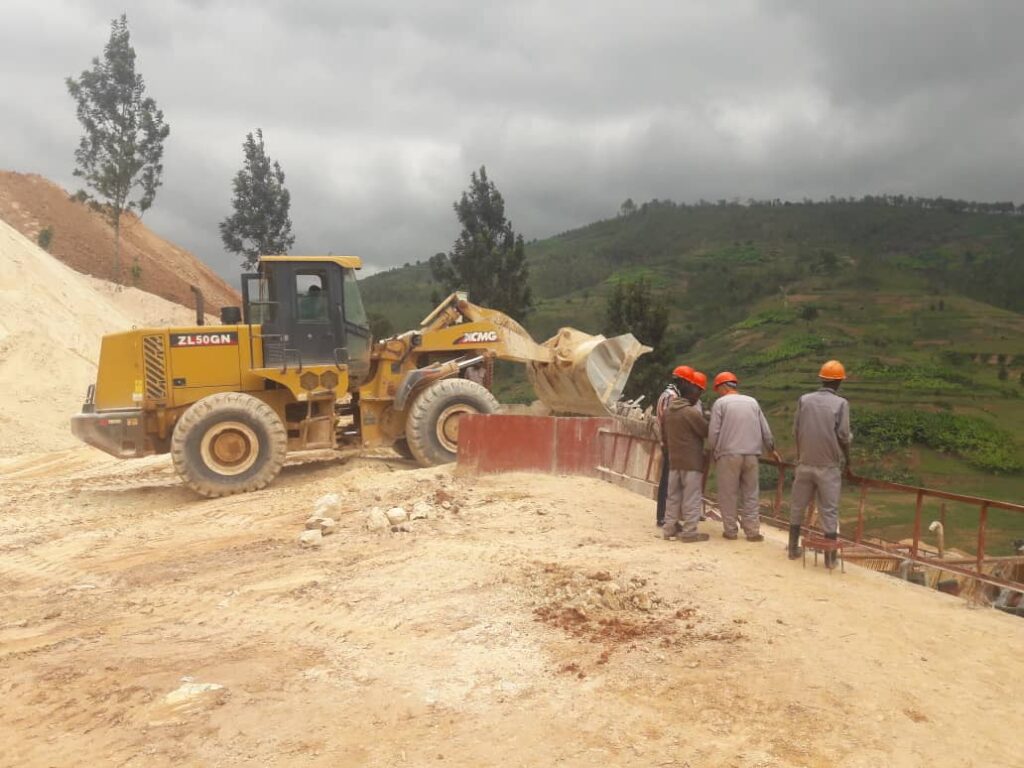
PERTH — Locksley Resources Ltd. said Monday it has entered into a research partnership with Columbia University to advance rare earth and critical minerals processing in the United States, expanding its mine-to-market strategy amid growing U.S. efforts to reduce reliance on Chinese supply chains.
The agreement will fund a program led by Columbia’s Lenfest Centre for Sustainable Energy to develop electrochemical and CO₂-assisted recovery technologies for rare earth elements and transition metals from ores in California’s Clark Mountain District. Locksley will provide $150,000 over 12 months to support intellectual property development.
The collaboration complements Locksley’s existing DeepSolv™ antimony processing program with Rice University, creating a dual-commodity platform focused on U.S. supply chain independence. The company said the research aligns with recent Department of Energy initiatives, including a $355 million funding package for domestic critical minerals projects.
Locksley Chief Executive Kerrie Matthews said the Columbia partnership “significantly strengthens the technical foundation of our U.S. mine-to-market strategy” and positions the company to pursue pilot-scale development opportunities tied to federal funding.
Locksley’s Mojave Project in California hosts rare earth prospects adjacent to MP Materials’ Mountain Pass Mine, as well as one of the highest-grade known antimony deposits in the United States. The company said the collaboration with Columbia and Rice places it among the few Australian-listed groups advancing U.S.-based processing for defense, energy storage and clean technology applications.